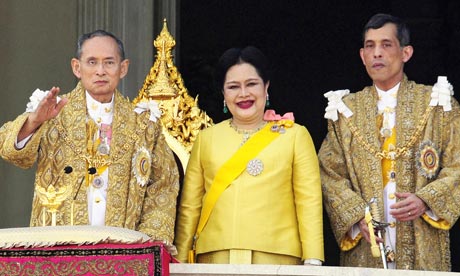By: Jessica Ties
Impunity Watch Reporter, Asia
BEIJING, China – In anticipation of world AIDS day, prominent AIDS activists Hu Jia and Tian Xi have faced pressure from authorities for attempting to bring attention to difficulties faced by individuals living with AIDS in China.

Hu Jia was released from prison in June after serving a three-year jail sentence for subversion. As a condition of his release, Hu must undergo one year of constant surveillance and “…is tracked and videotaped by Domestic Security police.”
Despite his own recent release from prison, Hu has expressed his fear for fellow activist Tian Xi, who was recently released after serving a one year sentence for staging a protest on world AIDS day in 2009, by stating that “[i]f [Tian] is put back in jail by the authorities, I don’t think he will come out alive.”
Hu claims that Tian has been emotionally unstable since his release leading Hu to advocate for better treatment for AIDS patients on his behalf to prevent his re-imprisonment.
Despite his attempts to engage authorities, Hu has been unable to find a willing audience in the health ministry who has consistently ignored his requests and has threatened him with detention if he publicly protests or gives an interview.
Hu stated that in the past ten years he has approached the health ministry to discuss potential solutions to the problems facing AIDS patients at least sixty times but has received no response.
Tian Xi’s plight against AIDS and the government began when he pursued compensation after being infected with HIV through a tainted blood transfusion following a head injury he received at the age of nine.
In compensation for his contraction of HIV Tian was given 30,000 yuan which is the equivalent of $4,404 American dollars.
Rights activists allege that people with AIDS are often refused treatment and AIDS infected children are denied access to schools. In addition, the medication that is provided by local governments is substandard and becomes ineffective after three to five years.
Although health authorities maintain that sex and drug use are the main causes of HIV contraction, gynecologist Gao Yaojie, who was forced into exile, urges that tainted blood transfusions continue to infect blood recipients in the Hunan province.
An expert panel consisting of members from China’s Ministry of Health, the World Health Organization and UNAIDS estimate that China will have 154,000 AIDS patients by the end of the year. The total infected population in china is estimated at approximately 780,000 people.
For more information, please see:
Xinhua Net – China’s HIV/AIDS-Infected Population Estimated at 780,000 – 29 November 2011
Epoch Times – Activist Hu Jia Assists AIDS Patient’s Appeal – 28 November 2011
Radio Free Asia – AIDS Activists Under Pressure – 28 November 2011



